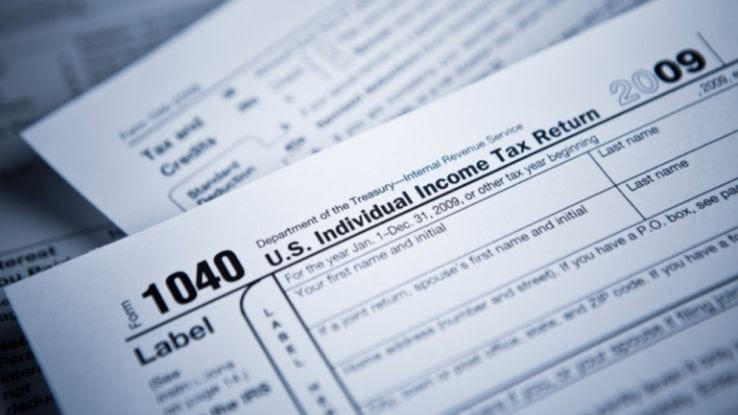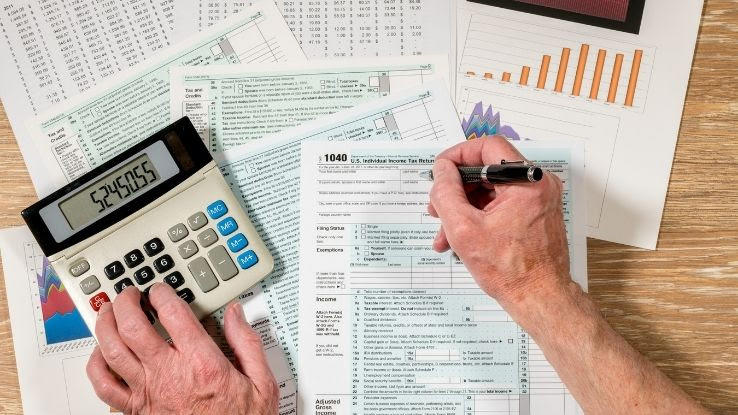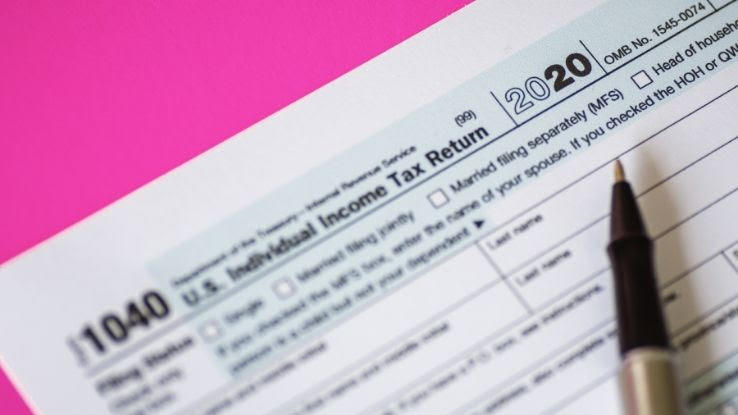
If you’re a working American citizen, you most likely have to pay your taxes. And if you’re reading this article, you’re probably curious to know what exactly you’re paying for. We’ll break down everything you need to know about paying taxes — why are they important? What are you paying for? How are they used? How do you calculate your tax? We’ll explore all that and more. Ready? Let’s go.
Why Are Taxes Important?

The government uses taxes to finance projects essential for the communities. For example, taxes directly contribute to our health sector, education, and governance.
Taxes are essential for funding various medical research as well as social healthcare and social security. Alongside, the public education system heavily depends on your taxes as you contribute to improving the lives of those less fortunate.
Your taxes also go toward the maintenance of your city, for example, improving the roads, lighting, and more.
In short, taxes have a direct influence on economic and societal welfare.
What Is a Tax?

Before we look at what your taxes are paying in more detail, let’s break down what a tax really is.
The official definition of a tax is an essential charge by a governmental organization. This charge is used to fund various projects as well as government spending. Every working American citizen is required to pay taxes — failure to do so is a criminal offense.
The amount of tax you pay will depend on your annual income, although you can also find other tax types such as wealth taxes, sales taxes, property taxes, inheritance taxes, and many more.
Why Do People Get Taxed?

People get taxed according to the law in the country they’re considered a resident in. For the US, getting taxed is essential if you’re receiving income.
Annually, working adults report their income to the IRS on a day known as “tax day.” This is done with tax forms, which people have to send to the IRS. In those forms, you can also note expenses that allow you to lower your tax amount — the rules for tax write-offs vary and should be thoroughly examined to avoid further IRS investigations.
Getting taxed is typically unavoidable as your employer will let the IRS know how much they paid you. Should you report a wrong figure, the IRS will be able to find out by comparing the figure given by your employer.
How Do Taxes Help Society?

We’ve already briefly looked at where your taxes go, so let’s break down exactly where the US taxpayers’ money went in 2018. Total government spending was noted as $4.22 trillion. This is how they spent tax money in 2018:
- Social Security: $987.8 billion or 23.4% of total federal spending
- National defense: $631.2 billion or 15% of total spending
- Medicare: $588.7 billion or 14% of total spending
- Health: $551.2 billion or 13.1% of total spending
- Social safety net programs: $495.3 billion or 11.8% of total spending
- Interest on debt: $325 billion or 7.7% of total spending
- Transportation: $92.8 billion or 2.2% of total spending
- International affairs: $49 billion or 1.2% of total spending
- Administration of justice: $60.4 billion or 1.4% of total spending
- Community and regional development: $42.2 billion or 1% of total spending
- Natural resources and environment: $39.1 billion or 0.9% of total spending
- General science, space, and technology: $31.5 billion or 0.8% of total spending
- General government: $23.9 billion or 0.6% of total spending
- Agriculture: $21.8 billion or 0.5% of total spending
- Energy: $2.2 billion or 0.05% of total spending
Tax Brackets in the US

Tax brackets are defined as the bracket that determines the amount of tax you have to pay. This depends on your filing status and your taxable income. It’s important to note that the tax bracket won’t be your only determining factor of how much tax you owe — for example, if your income rises, you’ll be charged at multiple rates.
For the 2020 tax year, tax brackets were noted as 10%, 12%, 22%, 24%, 32%, 35% and 37%.
How to Calculate Tax

Once you know which tax bracket you belong to, it’s time to calculate tax.
The very first thing you should do is calculate your effective tax rate. This is your income after you take away the standard deduction. In 2020, standard deduction amounted to $12,400 for a single household, $24,800 for a joint household, and $18,650 for the head of household.
The next step is looking at your expenses. If they amount to more than the standard deduction, you can itemize these deductions to maximize your benefits. You can do so for various medical expenses, mortgage interest, business expenses, and much more.
As calculating your taxes is a complicated process, it’s best to use specific tax calculating tools that can make filing easier. TurboTax remains a popular choice when it comes to accurately calculating your taxes. However, you can also find plenty of free tax calculators to get an estimate.
Tax and Capital Gains

Capital gains are typically associated with stocks and they must be claimed on your income taxes. They’re split into short-term or long-term gains.
Short-term capital gains are a result of selling an asset that the taxpayer has owned for one year or less. These taxes are paid at the rate of your regular income. Meanwhile, long-term capital gains refer to assets held for more than one year. Long-term capital gains rates stand at 0%, 15%, and 20%.
By holding onto your assets for longer than a year, you can expect to pay lower tax than you would for short-term capital gains.
Benefits of Paying Taxes

We’ve already looked at how your taxes contribute to society, so let’s examine what paying taxes do for your personal benefits.
Paying your taxes can help with your loan approval, especially when it comes to home loans. Many loan companies require you to submit your Income Tax Return (ITR) and without it, your loan application may be rejected.
Furthermore, if you’re applying for an American Visa, you’ll have to pay your taxes for at least 2-3 years before you can get your Visa application approved. Your ITR receipt also serves as your proof of income — if you’re self-employed, this makes it easier to handle any financial transactions.
Paying taxes is an essential duty of every working American citizen. It’s extremely important to make sure your tax calculations are done correctly to avoid any IRS investigations





